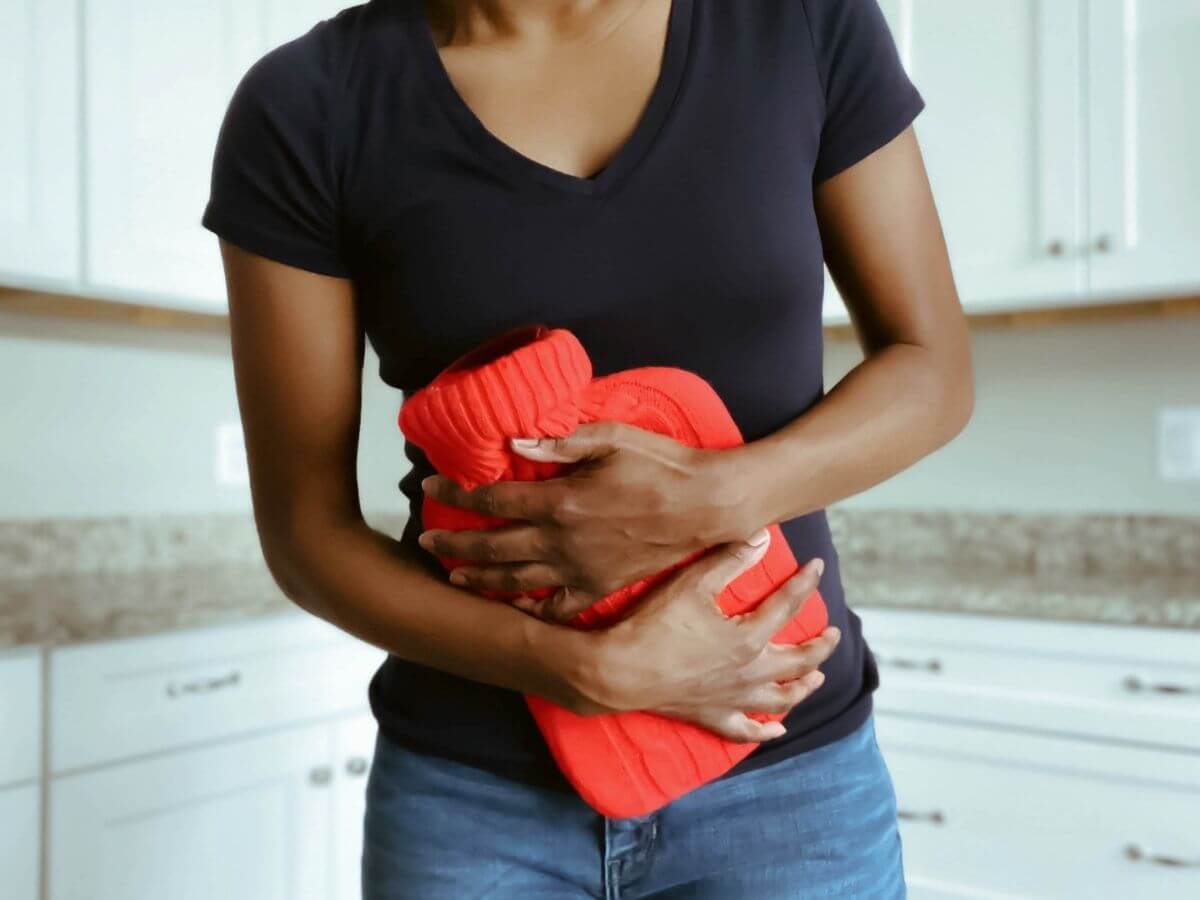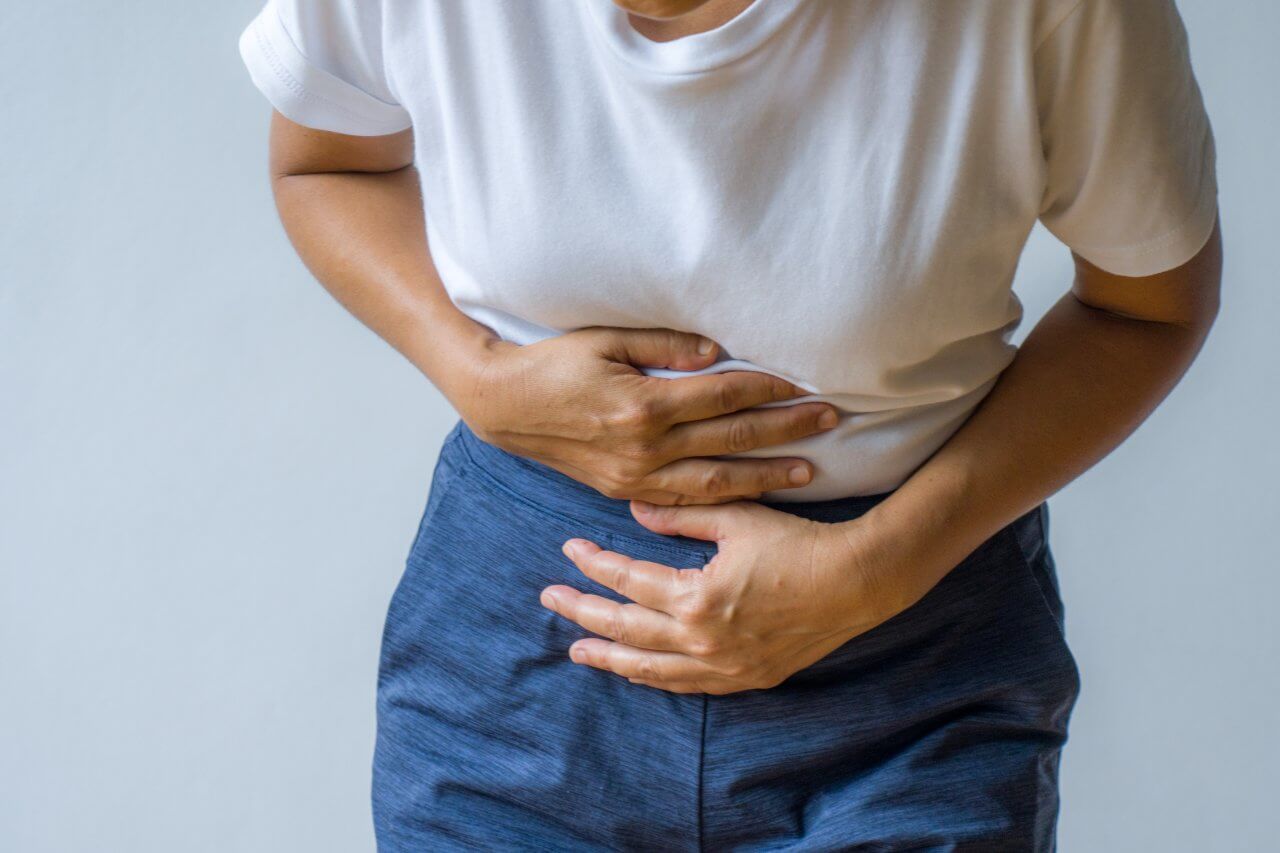Does COVID-19 Cause Constipation?

COVID-19 is a respiratory disease, so most of its symptoms are consistent with that type of illness. However, because it’s a relatively new disease, there are still things we don’t know about it. One symptom that might seem unexpected for respiratory illnesses is constipation.
Constipation is a condition in which a person has difficult bowel movements, typically with hardened stool, less frequently than is normal for them. While it’s not common with COVID-19, it does occur in some patients and is a symptom that researchers are learning more about.
What Causes Constipation in COVID-19 Patients?
If you contract COVID-19 and find yourself constipated, there are a few reasons why that uncomfortable condition may occur.
- COVID-19 medications. Studies suggest that people who are given certain antiviral therapies to treat COVID-19 may be more likely to develop constipation.
- Increased stress and anxiety. Stressful conditions can increase the risk of constipation, particularly in those with conditions like irritable bowel syndrome (IBS). Living through a pandemic and being diagnosed with COVID-19 — and all that means for you and your family — is very stressful.
- Increased consumption of comfort food. To cope with the stress of the pandemic, many people turn to favorite foods that they infrequently eat under normal circumstances. This shift in the diet — often to less-healthy foods — can increase the risk of developing constipation. And if a person develops COVID-19, they may eat these foods even more frequently while they isolate and recover.
- Decreased physical activity. Exercise helps you maintain normal bowel habits. Unfortunately, many people are exercising less as they choose to avoid time at the gym, group workout classes, and other activities that put them in close contact with others and increase their risk of contracting COVID-19.
These factors individually and in combination may create conditions that increase the risk of constipation with COVID-19. Short-term constipation typically isn’t harmful, and you may be able to treat it by shifting to a healthier diet, getting more physical activity, and taking actions to lower your stress level.
However, you should contact your doctor if those actions aren’t helping and your constipation continues for more than two weeks, bowel movements that you do have are painful, you see blood in your stools, or have any other concerns about your bowel habits.
Other Digestive Symptoms of COVID-19
Constipation doesn’t often occur with COVID-19. Other digestive symptoms, however, are fairly common. They include:
- Diarrhea
- Loss of appetite
- Nausea
- Vomiting
- Abdominal pain
If you have questions about COVID-19 and digestive symptoms, contact your Baptist Health doctor. If you don’t have one, you can find a provider near you in our online directory.
Next Steps and Useful Resources
Find a Provider
Schedule a COVID-19 Vaccine or Booster Appointment
Can COVID-19 Cause Pneumonia?
What Is COVID Toe?



